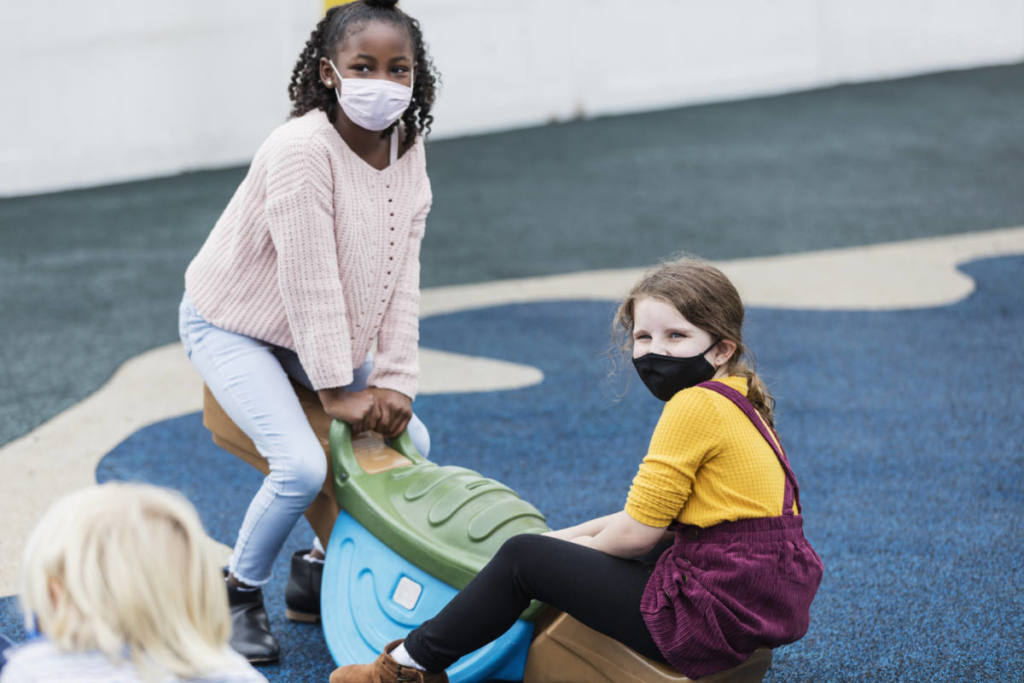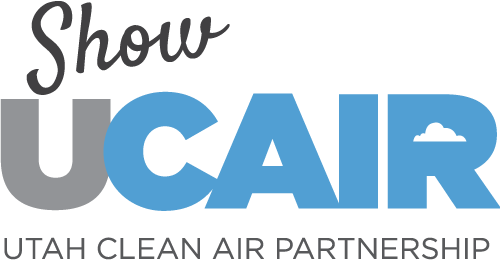Rose Kjesbo knows the value of clean air and just how much it can affect children and their education process.
Rose has been teaching for eight years. She truly feels that the relationship she creates with her students is essential to their success. The best part of her job is seeing students overcome hurdles. When they find a subject or concept challenging, and they find success, Rose says that’s when she knows she’s done her job.

One challenge students and teachers are facing together is air quality. When the air quality is poor, students have recess indoors, and there are several ways that affects children and teachers.
On orange and red air days, students are kept inside to protect them from the harmful particles in the air. While Rose and other teachers do their best to be creative and find solutions to give students the break they need, it’s very difficult to create an indoor activity that provides kids with the same benefits as outdoor recess. Rose says, “My students are usually very sad, and there are often audible groans of disappointment. They like getting outside and playing with their friends. Playing inside or walking the hallways is just not as invigorating.”
According to The American Heart Association, recess, also referred to as free play, provides opportunities for students to learn social skills and increases academic performance when in the classroom. This is something that Rose Kjesbo attests to as well. She says, “I see so many benefits for students when they get recess. My students are more focused and ready to learn when they have a chance to get outside and run and play. I believe it is necessary for their academic success. There is plenty of research supporting recess as a key to the development of children’s cognitive and physical health. Just like adults, students need a break from a rigorous task in order to be more efficient and effective in the long run.”

It’s not just the students that need the break. Often teachers like Rose use recess for a break and to prepare. Rose says, “I look forward to recess breaks because it is a time for me to reset, drink water. It is also a time for me to review my plans for the lessons to come or a time for me to set up any materials my students may need.” Rose also points out, “It actually provides me with more effective instructional minutes because students are more focused when they come back from playing outside.”
It’s not hard to see why Rose is passionate about air quality. She cares because it doesn’t just affect her, it affects her students, and we all breathe the same air each day. The good news is that it’s really easy to help Rose, her students and students across Utah. Be a part of the solution by doing simple things. Trip chaining, teleworking and just turning off your car instead of letting it idle will make an impact. Find out how you can help Utah’s air quality by clicking here.
Teacher Feature:

Rose Kjesbo grew up in Idaho and moved to Salt Lake City in 2008 to ski race for the University of Utah. She has an undergraduate degree in elementary education and a master’s degree in reading and literacy (both completed at the University of Utah). She loves living in Utah and spending time with her husband and chocolate lab in the mountains!

